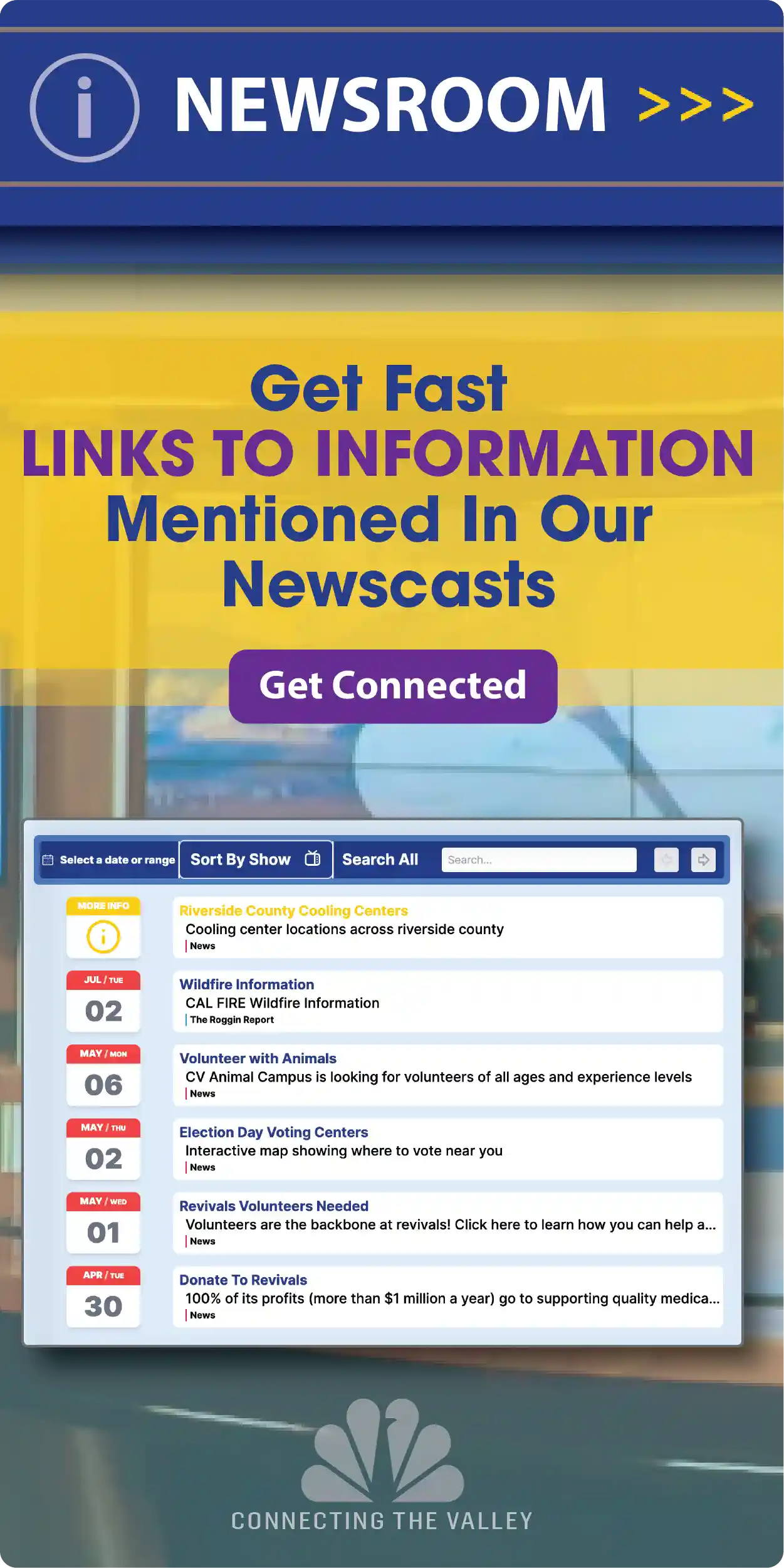National
Some seniors could start paying less for certain drugs whose prices rose faster than inflation
(CNN) — Starting next month, some Medicare beneficiaries will pay less out of pocket for 27 prescription drugs whose prices rose faster than inflation late last year, the Department of Health and Human Services said Wednesday.
The announcement came as President Joe Biden once again highlighted his efforts to lower Americans’ everyday costs amid higher-than-desired inflation.
In remarks delivered in Las Vegas, Biden touted the steps his administration has taken to reduce health care costs for seniors, while calling for several of the measures to be extended to all Americans and criticizing Republicans for attempting to stymy his legislative agenda.
“Let’s finish the job. Let’s protect the lower prescription drug costs for everyone. Let’s expand health care for more people to get care,” Biden said, noting that GOP lawmakers did not support Democrats’ measures to lower drug costs for seniors. “Let’s keep building the economy from the middle out and the bottom up, not from the top down.”
Seniors could see their cost sharing drop by between $2 and $390 per average dose for the medications, which are used by patients with several types of cancer, fungal infections, acne, rheumatoid arthritis, chronic kidney disease and urinary tract infections, among other conditions. The drugs, which are covered by Medicare Part B, are administered by doctors.
The list of drugs eligible for rebates would be updated quarterly, said HHS Secretary Xavier Becerra.
Just how much Medicare beneficiaries will save depends on a variety of factors, including whether they have supplemental coverage and what their treatment protocol is. Seniors typically pay 20% of the Medicare-approved cost of the drug as co-insurance.
The cost savings stem from a provision of the Inflation Reduction Act, which congressional Democrats passed last August. It requires drug companies pay a rebate to Medicare if they raise their prices faster than inflation.
The measure also serves as a “strong incentive” to dissuade drug makers from hiking prices, said Chiquita Brooks-LaSure, administrator of the Centers for Medicare and Medicaid Services. In 2021, the prices of some 1,200 prescription drugs increased faster than inflation, according to a recent HHS report.
“It’s sort of, I would say, a two-fold benefit — one, that if drug companies do exceed inflation, they will be paying rebates to the federal government,” she said Tuesday. “But even as important, I would say, is the incentive for drug companies not to increase costs, and that’s something we’ve seen in the Medicaid inflation rebate, and now this is a an even stronger tool.”
A key drug industry lobbying group, however, said that the administration’s report demonstrates that more than 95% of Part B treatments were not subject to the inflation penalty.
“Despite the rhetoric we always hear, the administration’s own report shows that prices for the vast majority of Part B medicines are not skyrocketing,” said Brian Newell, a spokesman for PhRMA. “The administration continues to spin a false narrative to score political points, instead of addressing the real drivers of health care spending and the real challenges patients face affording their life-saving treatments.”
Launching drug negotiation process
Also Wednesday, CMS released initial guidance on its drug price negotiation process, which outlines how the agency will select drugs and how the negotiations will be conducted. It launched a 30-day comment period on key implementation elements.
The Inflation Reduction Act empowered Medicare to negotiate the prices of certain costly medications administered in doctors’ offices or purchased at the pharmacy for the first time.
The HHS secretary can negotiate the prices of 10 drugs for 2026, and another 15 drugs for 2027 and again for 2028. The number rises to 20 drugs a year for 2029 and beyond. Only medications that have been on the market for several years without competition are eligible.
In the first two years of negotiations, CMS will select only Part D drugs that are purchased at pharmacies. It will add Part B drugs, which are administered by doctors, to the mix for 2028.
CMS will publish the initial 10 Part D drugs selected for negotiation on September 1 and give their manufacturers a month to decide whether to sign agreements to participate.
The agency will send an initial maximum fair price offer to manufacturers on February 1, 2024. Drug companies have 30 days to accept the offer or propose a counteroffer. Up to three in-person meetings may be held during the negotiation period, which ends August 1, 2024.
CMS will publish the negotiated maximum fair prices on September 1, 2024, and they will become effective at the start of 2026. The agency intends to determine a single price for a 30-day equivalent supply of the selected drug.
Among the factors CMS will consider when developing its initial offer are the clinical benefits of the selected drugs — including whether it fills an unmet medical need in a specific population — and the price of therapeutic alternatives, such as other drugs in the same class.
The agency will look at how the drug compares with the alternative in terms of health outcomes, side effects and other metrics. It will also consider research and development costs, patent protection, federal support and production and distribution costs, among other factors.
“By considering factors such as clinical benefit and unmet medical need, drug price negotiation intends to increase access to innovative treatments for people with Medicare,” said Brooks-LaSure, the CMS administrator.
Democrats have long sought to give Medicare the power to negotiate drug prices. In his latest annual budget proposal, Biden would build on the Inflation Reduction Act by allowing Medicare to negotiate the prices of more drugs and bringing drugs into negotiation sooner after they launch.
Saving on vaccines
Some 3.4 million Medicare beneficiaries would have saved $234 million in out-of-pocket costs — or an average of $70 per person — on vaccines in 2021 had another Inflation Reduction Act provision been in effect at that time, according to a new HHS report. The law makes recommended Part D vaccines, including those for shingles and tetanus, free for seniors, as of January.
The agency expects even more seniors to benefit this year from the measure.
HHS’ announcements come the day after Novo Nordisk became the latest drug maker to announce it would slash the list prices of several of its insulin products.
The Inflation Reduction Act reduces Medicare beneficiaries’ out-of-pocket cost for insulin to $35 per month per prescription starting this year. But Republicans blocked a measure to extend that price cap to those covered by private insurance.
Biden and congressional Democrats have been pressuring insulin manufacturers to lower their prices, which would benefit patients with diabetes who aren’t eligible for Medicare. He noted that seniors are already telling him that their insulin prices have been cut, thanks to the new law.
Earlier this month, Eli Lilly announced a series of price cuts that would lower the price of the most commonly used forms of its insulin by 70%. Eli Lilly also said it will automatically cap out-of-pocket insulin costs at $35 for people who have private insurance and use participating pharmacies, as well as expand its Insulin Value Program, which caps out-of-pocket costs at $35 or less per month for people who are uninsured.
This story has been updated with additional details.
The-CNN-Wire
™ & © 2023 Cable News Network, Inc., a Warner Bros. Discovery Company. All rights reserved.
By: Pristine Villarreal
March 15, 2023






